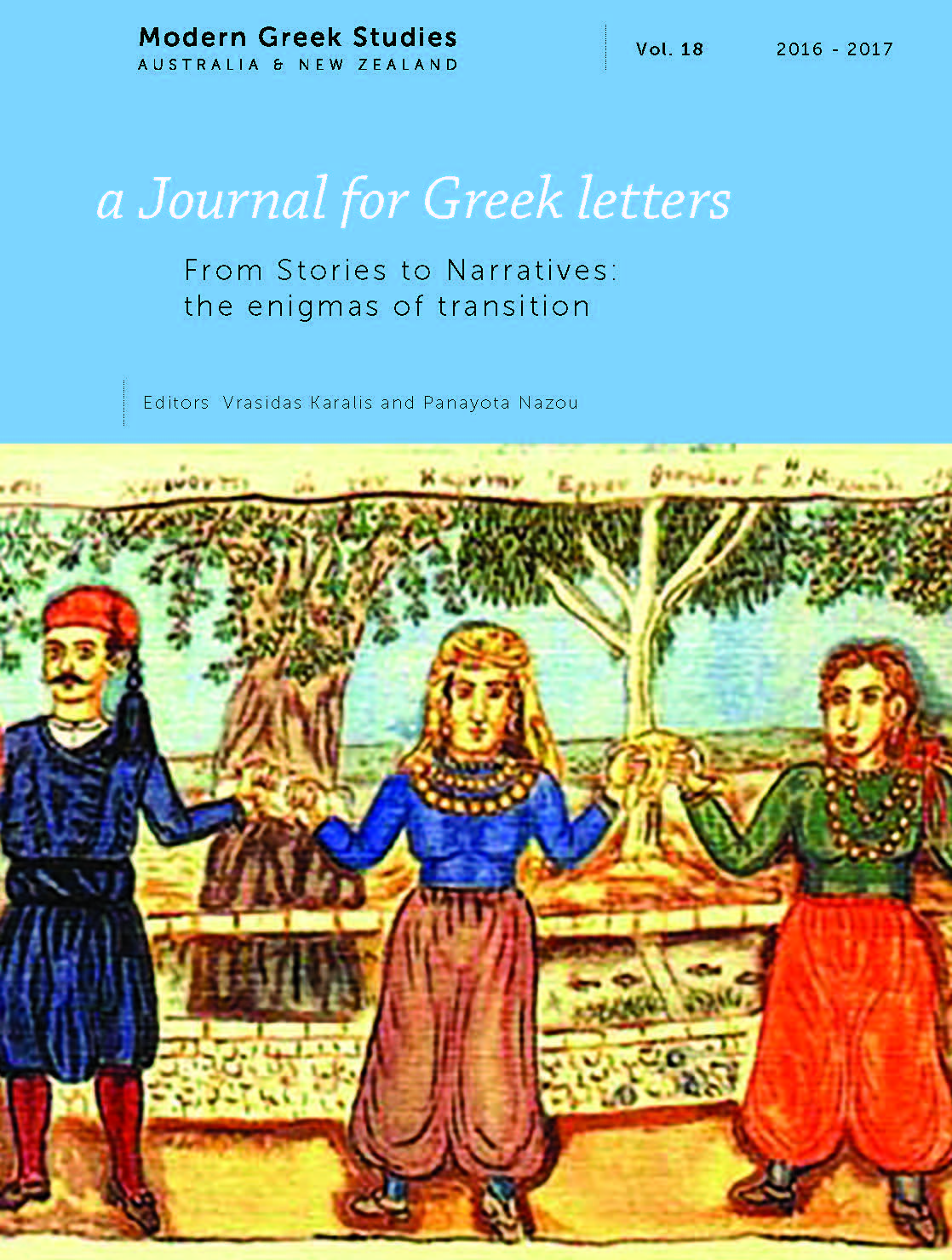Un-framing the Greek Civil War
Abstract
Commenting on the Greek civil war has been beset with perils since the unceremonious end of the conflict on 9 October 1949. The internecine hostilities have been generating divergent opinions and animated discussions in Greece among scholars, intellectuals and ordinary citizens for longer than might have been expected. A debate on the topic in the Greek daily and monthly press at the last turn of the century was described as a “second civil war” and lasted almost as long as the conflict itself. More recently, on 1 July 2014, Nikos Marantzidis a political scientist at the University of Macedonia in Northern Greece was assaulted by a pair of black-clothed men for his published views on the civil war. Having recovered in hospital a fortnight later, he declared in an interview that his cousins, party cadres of the KKE (Greek Communist Party), believe he is betraying the entire family. A quarter of a century after the fall of the Berlin Wall what is now commonly described as the ‘first hot incident of the Cold War’ can still lead to anything between dissension, intellectual skirmish, and bodily harm. Indeed, recent researchers have frequently referred to the memory of the Greek civil war as “cultural trauma”.Downloads
Published
2018-05-10
Issue
Section
Articles
